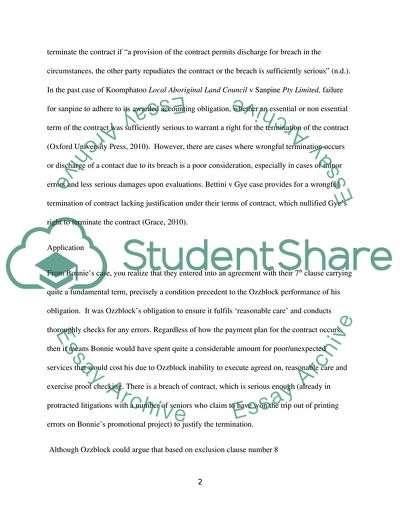Cite this document
(Legal Aspects of Contracts Case Study Example | Topics and Well Written Essays - 1750 words, n.d.)
Legal Aspects of Contracts Case Study Example | Topics and Well Written Essays - 1750 words. https://studentshare.org/law/1838477-lagal-aspects-of-contracts
Legal Aspects of Contracts Case Study Example | Topics and Well Written Essays - 1750 words. https://studentshare.org/law/1838477-lagal-aspects-of-contracts
(Legal Aspects of Contracts Case Study Example | Topics and Well Written Essays - 1750 Words)
Legal Aspects of Contracts Case Study Example | Topics and Well Written Essays - 1750 Words. https://studentshare.org/law/1838477-lagal-aspects-of-contracts.
Legal Aspects of Contracts Case Study Example | Topics and Well Written Essays - 1750 Words. https://studentshare.org/law/1838477-lagal-aspects-of-contracts.
“Legal Aspects of Contracts Case Study Example | Topics and Well Written Essays - 1750 Words”. https://studentshare.org/law/1838477-lagal-aspects-of-contracts.


